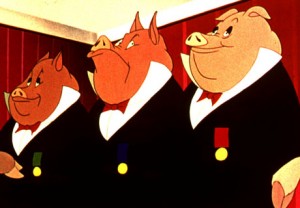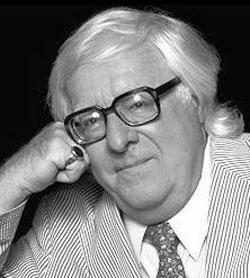Increasingly, I’m being asked – when will the Bistro begin serving? I had expected it to be before now, to tell the truth. If it was a horse race, we might be approaching that home stretch. Unlike the feverish final dash of the thoroughbreds, I’d rather make sure the finish line is greatly removed from the starting point.
I remember driving down Main Street here in Broken Arrow, not too long ago, and passing by an elaborate sign that promised a restaurant was going into the attached building. It seemed forever before they finally opened their doors. It was much the same with another Main Street restaurant that had a good deal of publicity leading up to their eventual opening.
It just takes time.
To do it right, the plan has to be laid out, gone over, dissected, re-thought, and laid out again. Otherwise…
The Tulsa World is today reporting the demise of a south Tulsa BBQ restaurant that had opened its doors only six months ago. Of course, there are countless reasons that could be behind their decision to shut down the operation, and they might have drawn up their business plan with laser-sharp precision.
Only they know, for certain.
In the case of our anticipated enterprise, I’ve just enough experience in food service to know expectations, and I’m trying to make sure that what people hope to experience will be close to what will be delivered.
Part of that is creating a smooth operation that won’t keep people waiting. No matter how good the food is, the waiting time quickly figures in – just watch any of the Gordon Ramsay restaurant makeover TV shows. The reality program almost always features a service disaster, where guests are fidgeting in their chairs wondering if the food will EVER arrive.
As the bookstore building is pretty long, the walk alone from the kitchen in the back to the tables and register in the front takes some time. Sure, I could sprint. Back in the day.
The practical alternative is to determine how best to reduce those long hikes and minimize as many delays as possible.
That’s part of what is going on at this stage, while approaching the starting gate.
I’ve learned that the approach is still being delayed by – one more thing. As soon as I believe that every required item is in the building, another item pops to mind. The next time you visit a restaurant, look around at all the things required to get your meal on a plate in front of you – even if you don’t visit the kitchen and its own specialized collection, there are numerous things close to your table: salt and pepper shakers, knives, forks, spoons, and napkins. Plates and bowls. Glasses.
Cleaning and sanitizing materials – that squirt bottle the waitress uses to wet the table or cleaning towel isn’t just filled with water. It’s a special solution to kill off germs.
There are sugar packets, and sweeteners. Look around and someone is carrying a to-go box. Plastic ware for carry-out meals.
Believe me, that isn’t the entire list. But it is a portion of what I have remembered so far. It’s been over a decade since I stocked a restaurant, and even then it wasn’t from the ground up.
I have a running list of items that I am working on scratching off. When it is all in place, I want it to be for the long haul, not a six-month run.
My personal axiom goes something like: Success achieved is directly proportional to the number of problems solved before they occur.
Here’s to solutions!
Meanwhile, books are being offered and sold and all is well in the world.


